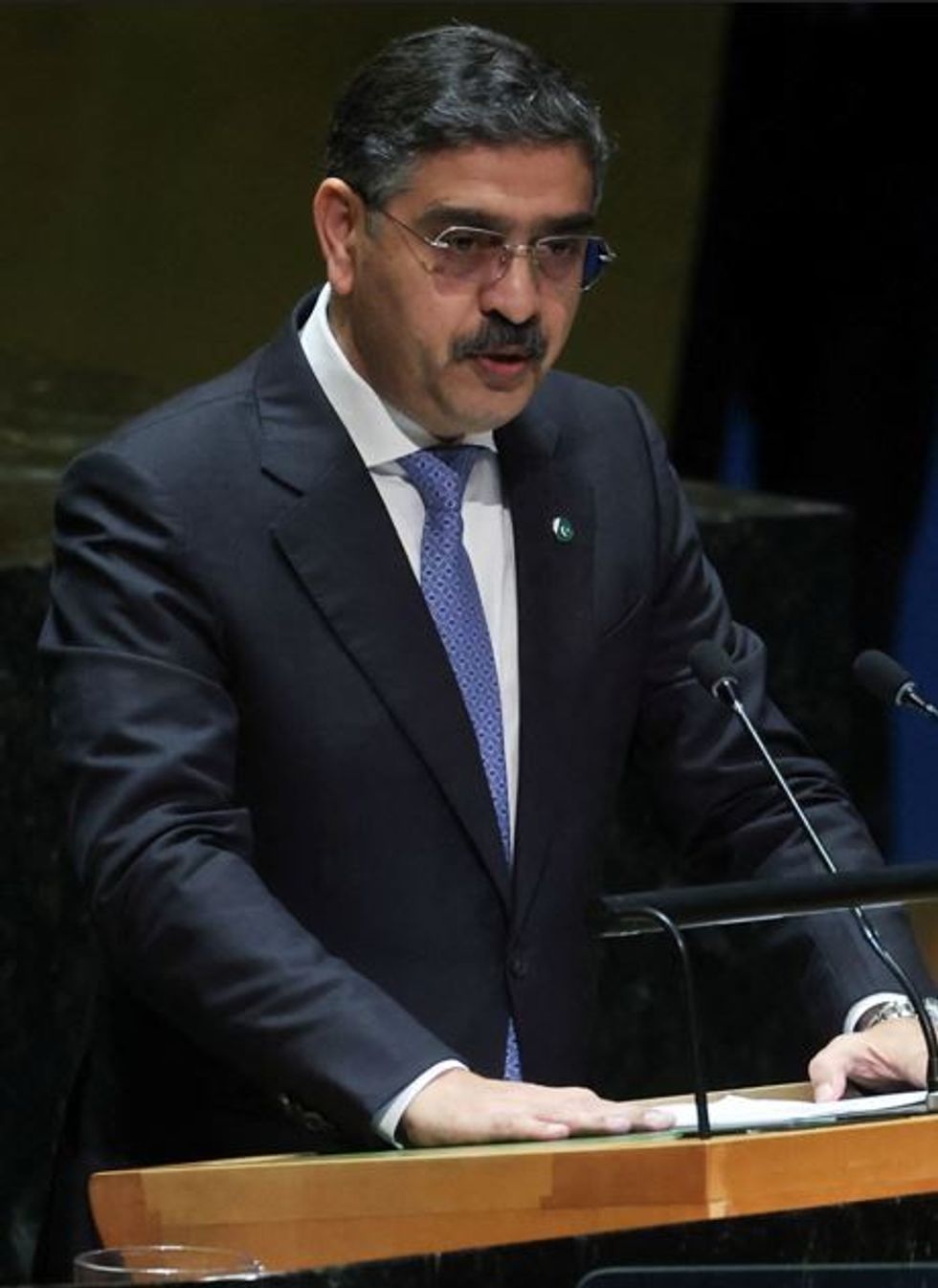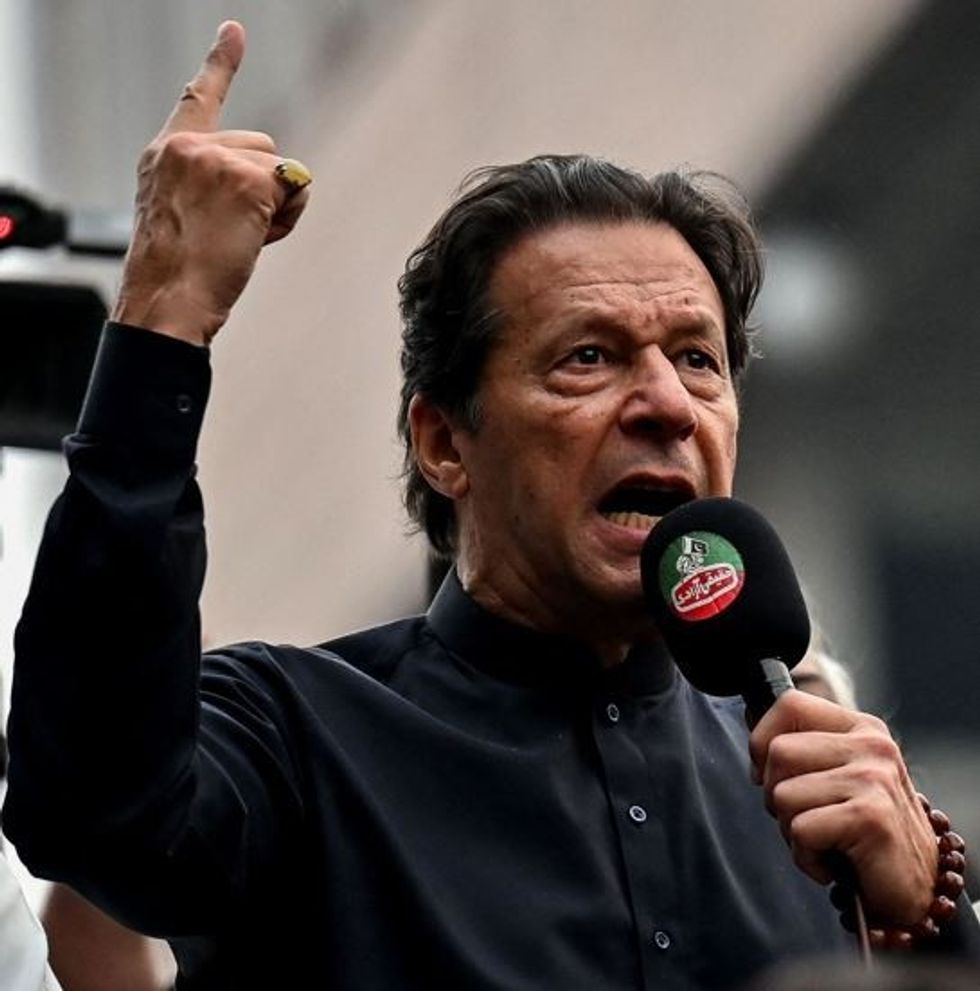THE Election Commission of Pakistan (ECP) last Thursday (21) announced a general election for January, almost three months later than scheduled, removing political uncertainty over the timing to help salvage a falling economy.
Elections were due to be held in November, but were delayed due to fresh demarcation of constituencies under a new census.
An ECP statement said the vote will take place late in January after the conclusion of a process that includes filing of nomination papers, appeals and campaigning.
Pakistan is currently being run by a caretaker government under interim prime minister Anwaar ul Haq Kakar that is meant to oversee a general election. Originally, elections were to be held within 90 days of the dissolution of the lower house of parliament in August.
Kakar, who was in New York for the annual UN General Assembly, told an event hosted by the Council on Foreign Relations (CFR) that the process of delimiting constituencies by the ECP, and public consultations on this, would probably take another three, or three-and-a-half months.
“That’s where we are looking for, and probably somewhere by the end of January, we’re going to go and vote for the new government,” he said.
The ECP has already questioned the impartiality of the government led by Kakar, who comes from a pro-military party, saying it appears to be aligned with the opponents of jailed former prime minister Imran Khan.

As it stands, Khan, the main opposition leader, cannot contest this election after he was barred from public office for five years following a corruption investigation.
On Tuesday (26), a Pakistan special court extended Khan’s judicial remand for another 14 days in the Cipher case. Khan, the chief of the Pakistan Tehreek-e-Insaf (PTI) party, was arrested last month after a case was filed against him for allegedly violating the Official Secrets Act by disclosing a secret diplomatic cable (cipher) sent by the country’s embassy in Washington in March last year.
Asked at CFR if all parties w o u l d be able to take part in the election, Kakar said: “I do not have any confusion in my mind, or in the government, that all the parties that are registered with Election Commission of Pakistan are legally, politically, morally, allowed, and they will participate in the political process.”
Among the main contenders to lead the country’s next government are the Pakistan Muslim LeagueNawaz (PML-N) of the last prime minister Shehbaz Sharif, and the Pakistan People’s Party (PPP).
Three-time prime minister Nawaz Sharif, the brother of Shehbaz and whose PML-N was the senior partner in the last coalition government, is seeking a return from exile. But with a corruption conviction against him still in force, Shehbaz remains a front runner to return to power.
Khan’s PTI party will hope to exploit the sympathy and anger of its supporters and repeat its 2018 victory. But amid a continuing standoff with the military, the PTI’s prospects hinge on a detente [easing of hostility] with the generals, which looks unlikely.
The powerful armed forces have ruled the country for over three decades of its 76-year history and wield enormous influence in politics, including making and breaking civilian governments.
Bilawal Bhutto Zardari, 34, the young chairman of the PPP and son of former prime minister Benazir Bhutto, is another key candidate. His first government job was as foreign minister in the outgoing administration.
Election results are rarely accepted across the board in Pakistan, and perceptions of bias could cast a further shadow over the credibility of the process.

Despite the delay, the announcement eases political uncertainty about when the polls would be held as the country struggles to stay on a narrow stabilisation path under a $3 billion (£2.46bn) bailout plan by International Monetary Fund (IMF).
Analysts and political parties have been demanding that the elections be held as soon as possible to boost confidence in the ailing $350bn (£287.8bn) economy, which is currently suffering from high inflation, low growth and a weak currency.
The Asian Development Bank also endorsed this view in a report last week, saying a smooth election process would help bring the economy back on track.

















 Kap’s Cafe in Surrey was struck by gunfire late at night with staff still insideInstagram/
Kap’s Cafe in Surrey was struck by gunfire late at night with staff still insideInstagram/ Kaps Cafe Instagram Story Instagram Screengrab/
Kaps Cafe Instagram Story Instagram Screengrab/ Kaps Cafe Instagram Story Instagram Screengrab/
Kaps Cafe Instagram Story Instagram Screengrab/

